Sustainable wellbeing and green living
Let's find ways to Flourish!
What's the deal with Fossil Fuel Divestment?
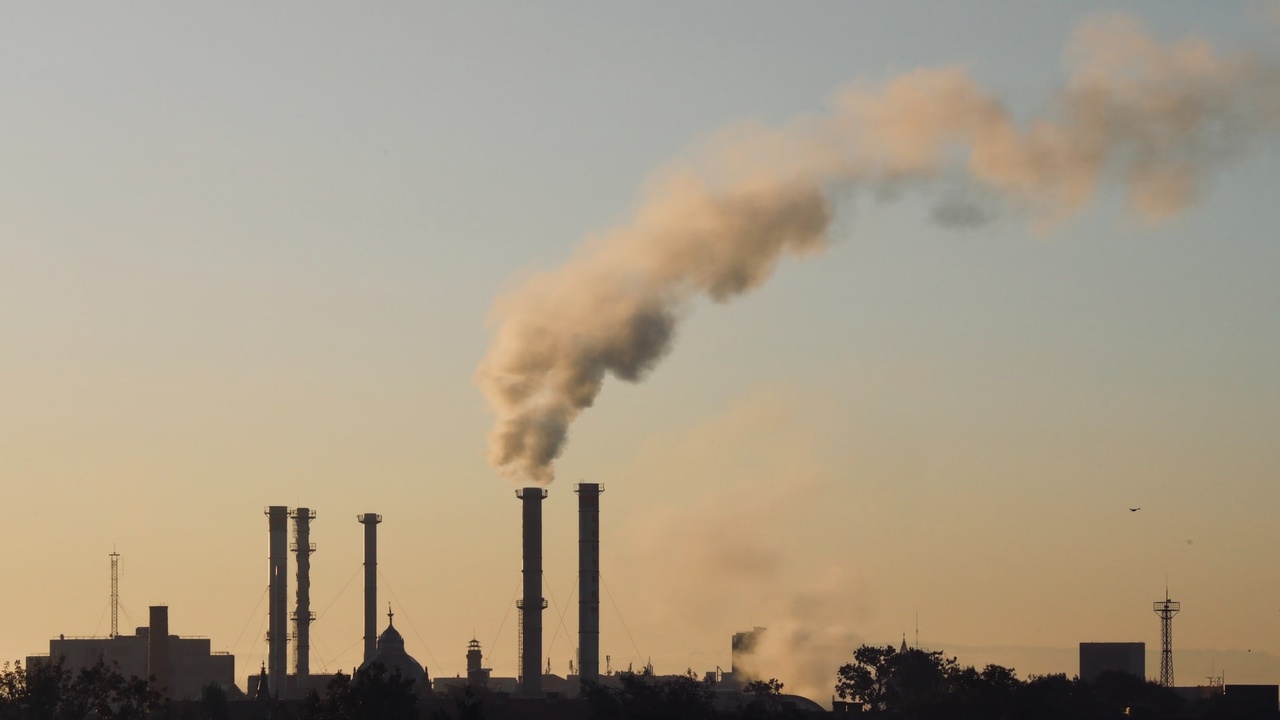
Climate change can be largely attributed to the combustion of fossil fuels, which results in the accumulation of carbon dioxide and other greenhouse gases in our atmosphere.
In this day and age, it is becoming harder to deny the existence of climate change. For those of us who have been concerned about environmental affairs for some time, witnessing a shift in temperatures and weather patterns has been anxiety-inducing, to say the least.
Just this past year, Canada experienced record-breaking heat levels in the summertime, Madrid experienced unprecedented levels of snow in January, and wildfires ravaged Greece, Turkey, and Italy in August. And these are just a few examples of the extreme weather events that are becoming more and more common around the world.
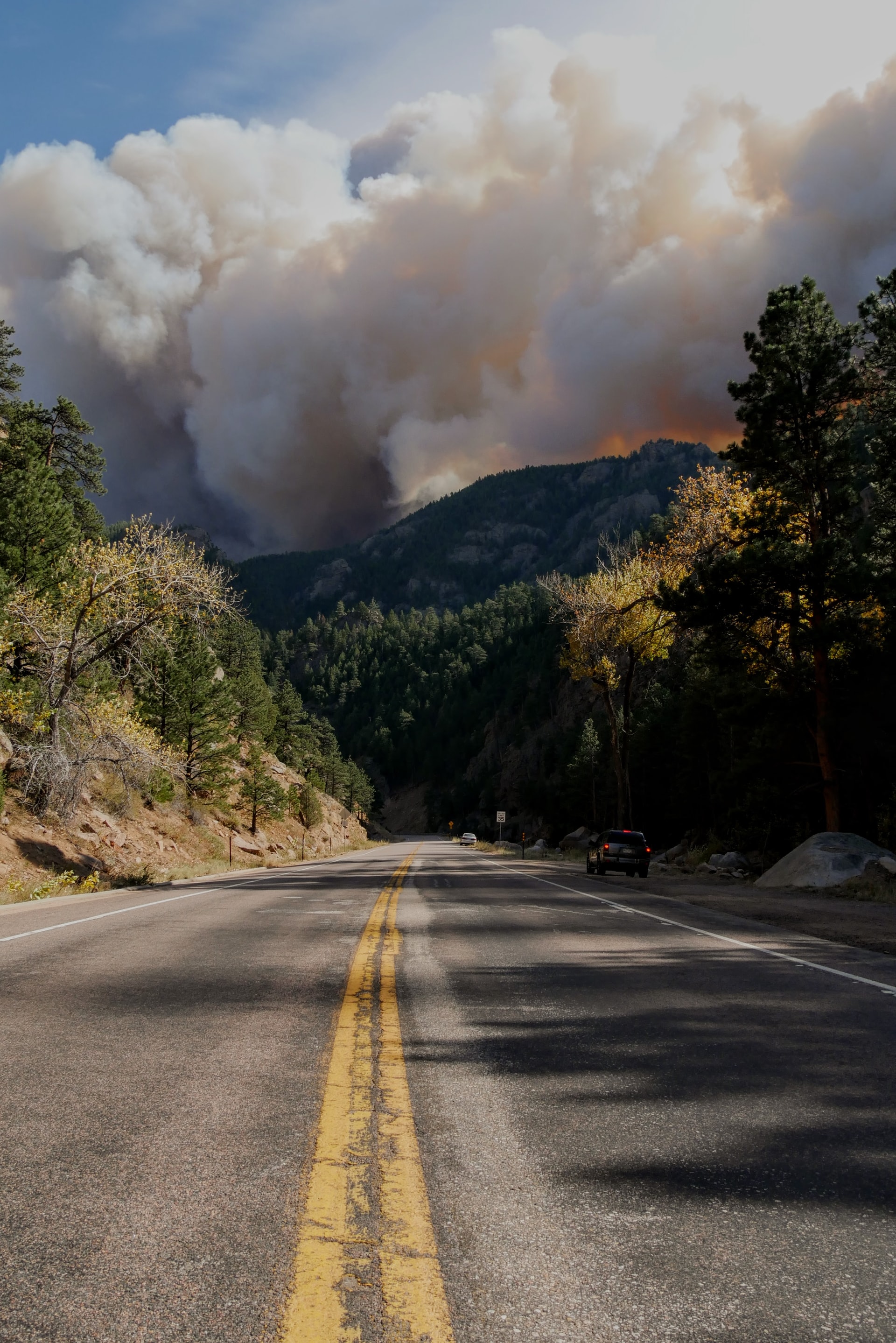
Clearly, action needs to be taken to mitigate the environmental damage that has already occurred. Fossil fuel divestment is a good place to start.
A fossil fuel budget
Back in 2012, Bill McKibben introduced three numbers tha...
Activism 101
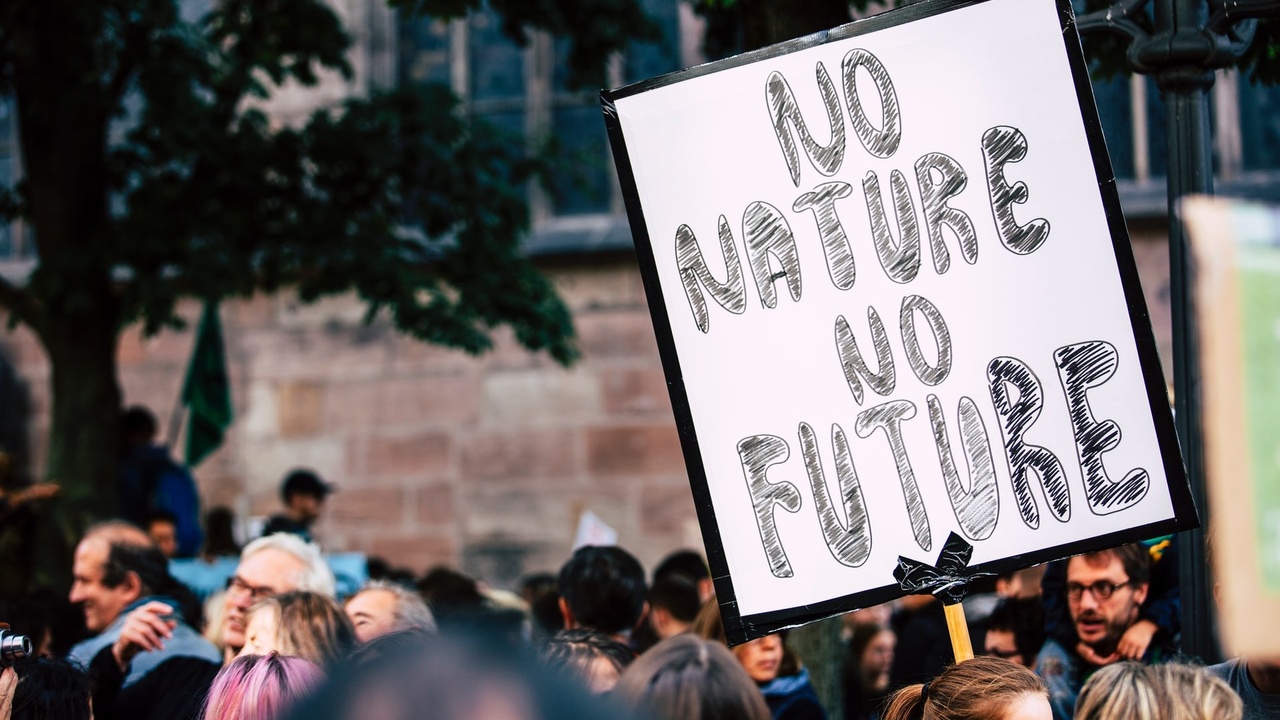
"You must unite behind the science. You must take action. You must do the impossible. Because giving up can never ever be an option." – Greta Thunberg
Raising awareness about environmental issues is essential when it comes to creating change and protecting the environment. Yes, your personal act matters, but you can amplify your impact by making others aware of your actions and desire for social change.
Without the voices and actions of activists, many environmental issues would go unchecked and cause further degradation. We are in the midst of a critical paradigm shift as I see it. There is an increasing awareness of the issues, demand for a different pathway, and adding your voice can make all the difference!
Education as Activism
Researching an environmental issue will provide you with essential information such as why the issue is occurring, where it is most prevalent, what actions contribute to the issue, how it can be prevented/reduced, and what efforts are currently bein...
How yoga helps you relate to the natural world
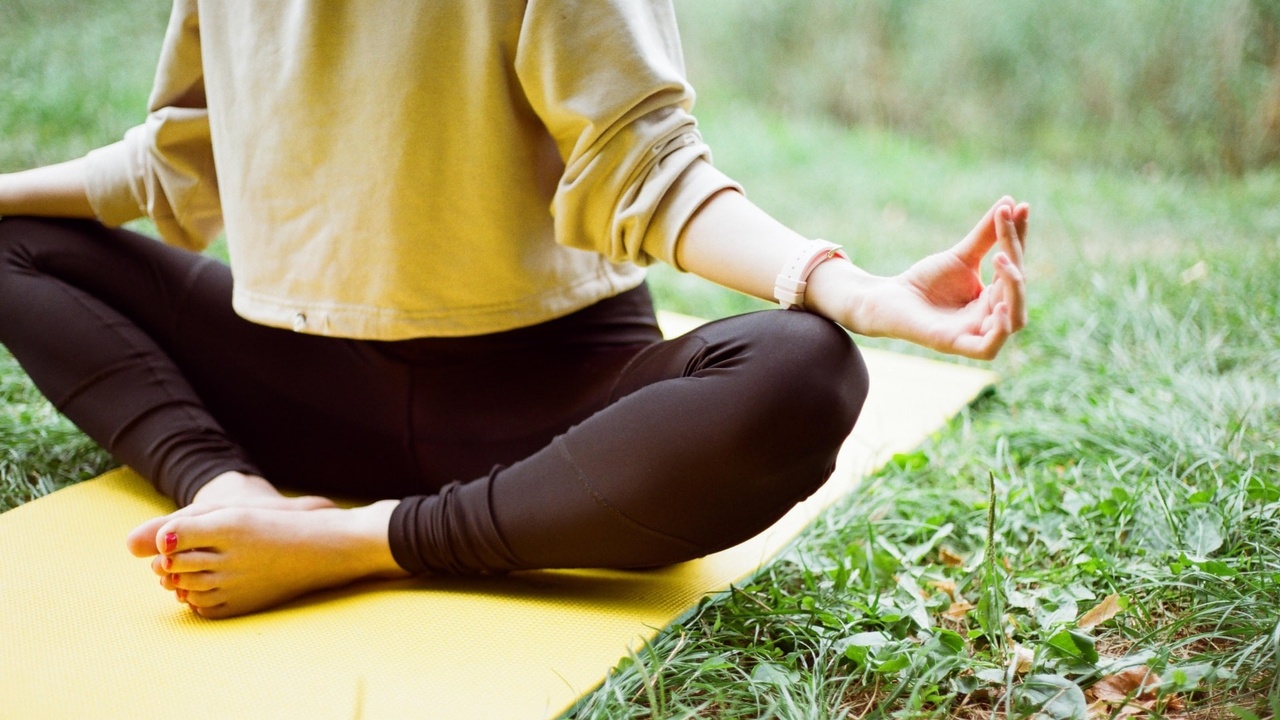
"Yoga makes you harmonious with nature and teaches you to be joyfully curious about your inner world." - Debasish Mridha
Yoga is a mind-body practice that has been around for thousands of years and continues to be a popular method of exercise and wellness today.
And good news, it is not just for the fit and flexible. There is a yoga practice for every body type and ability.
Some physical benefits of practicing yoga include increased flexibility, increased muscle tone and strength, lowered blood pressure, better posture, and improved balance.
These physical benefits are accompanied by many mental benefits as well. Yoga practices often incorporate meditation and breathing exercises in order to reduce stress, increase awareness of your body and movements, aid in sleep, and increase mental clarity.
But even beyond the physical and mental benefits, when we connect deeply with our bodies, we begin to find a new relationship to ourselves and the natural world. Our bodies are made of ...
From the Flourishing Community
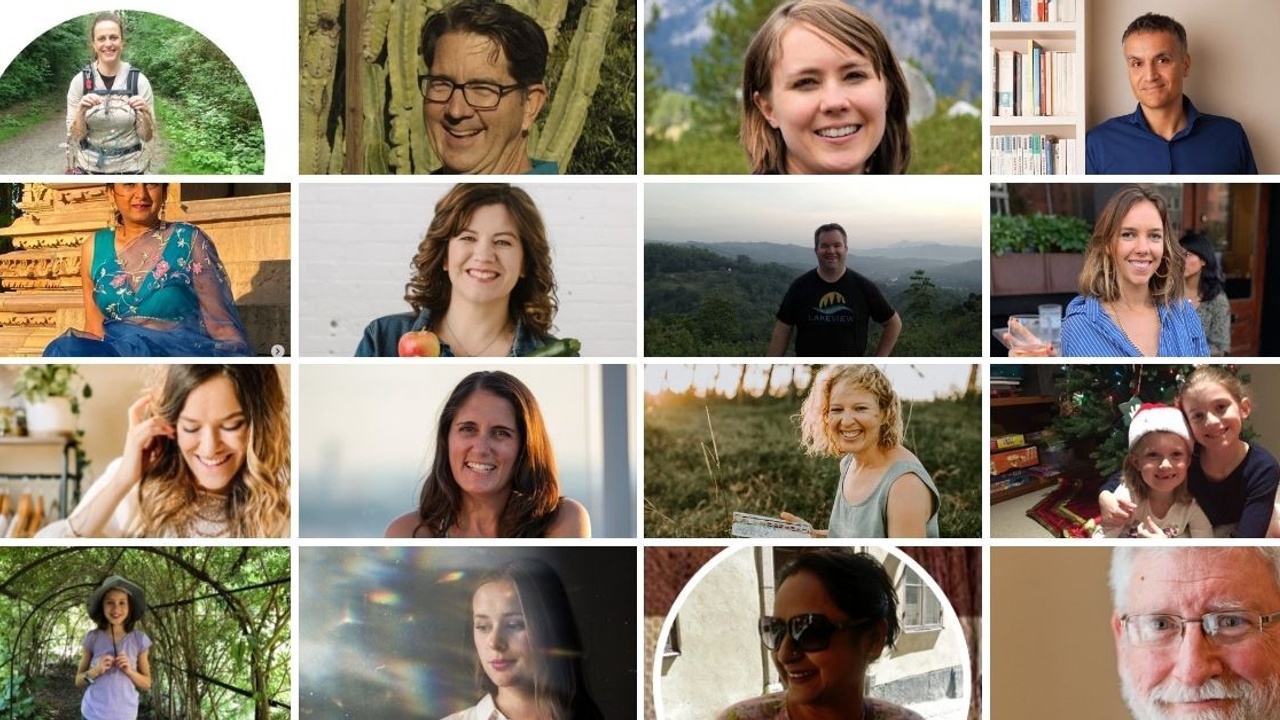
In honour of the 100th edition of the Flourishing Fridays newsletter, I thought it would be great to profile some of the amazing work that folks in this community are doing. Sharing some inspiration and celebrating our wins, big and small. Together we are learning about how to live more sustainably, how to spread the ideas of green living and to enjoy life more!
What an amazing and inspiring list!
Aditya is helping to educate others about the importance of protecting wilderness.
AJ fixes appliances, builds with reclaimed lumber, raises bees and enjoys time in nature.
AK – promotes thrifted fashion for badass Millennials on her social media accounts.
Angelika got small recycling bins for her condo complex and avoids wasting food.
Anuradha – runs sustainable clothing companies using all traditional textiles and zero waste production that also provides employment for women in India.
Amanda is eating more local food and loves to support local businesses.
Anders helps kids in low-in...
What's Your Walk Score?

We all know that walking or other means of active transportation is great for your health, yet it can be difficult to fit exercise into our schedules. But if you think about it, that is because exercise is no longer how we get around! When you live in a walkable neighbourhood or city, just getting from point A to point B might fulfil your daily exercise/movement goal.
And, being able to walk, bike, or use other means of active transportation in order to get around significantly decreases our environmental impact. While personal automobiles burn fossil fuels, therefore contributing to carbon dioxide in the atmosphere, getting around by foot leaves zero pollution behind.
So, have you ever found yourself wishing you were able to quantify the walkability or overall environmental friendliness of a city or urban area?
This kind of information can be really useful when it comes to finding a place to live or travel to.
Walkability is also financially advantageous. North American househ...
The Wisdom of Wolves - Book Review

Jim and Jamie Dutcher take us into one of the most intimate living-alongside experiments with wolves ever undertaken. Through their constructed wolf pack of orphaned and captive wolves who are released into a large study area, we have the opportunity to see the interactions of wolves much more closely than in the wild.
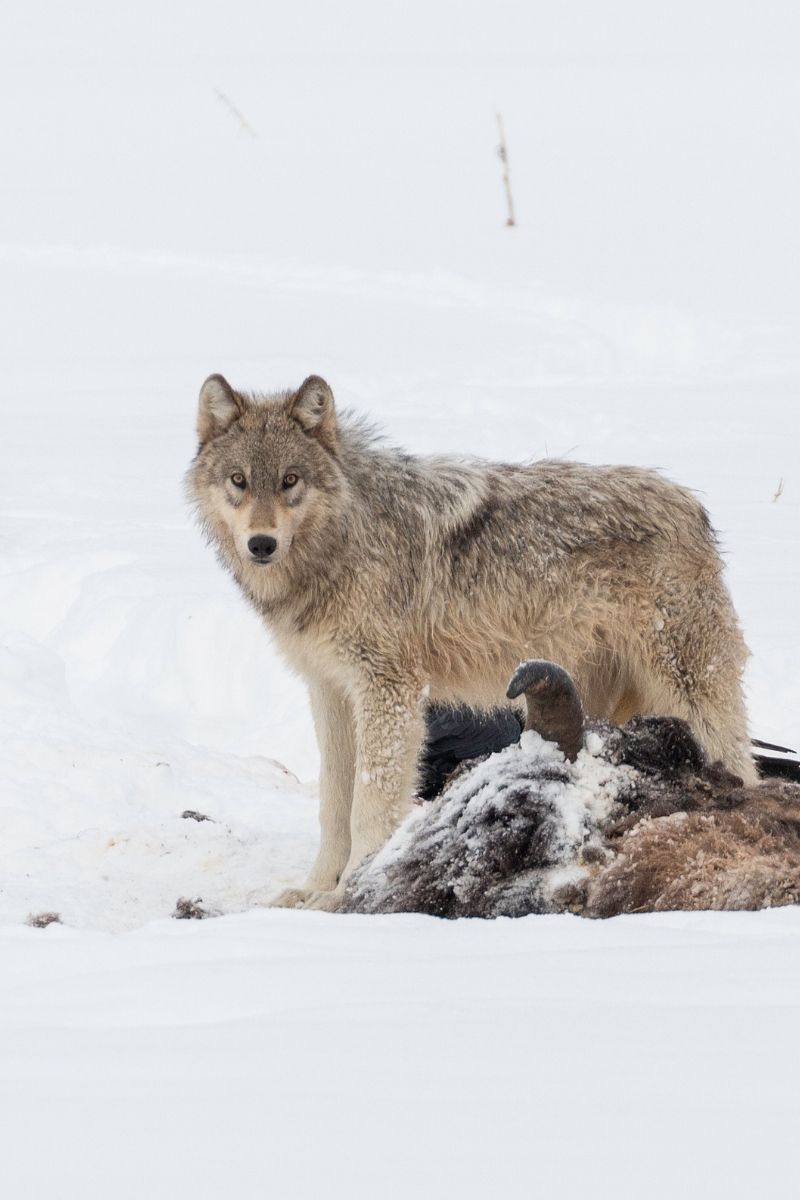
While I whole-heartedly believe that wild animals must remain in the wild, this scenario seemed like a humane and justifiable program to allow a more wild existence for previously captive animals and also allow for the long-term close observation.
A Deeply Intimate Glimpse
The result is the most tender and intimate look at a group of animals, where we get daily accounts of their interactions, movement, and behaviour. The result is an understanding of these wild animals and how clearly they express emotions, forge relationships with one another and face the ups and downs of pack life, aging and social interactions.
From their work, the Dutchers have helped to identi...
This is What Smart Growth Looks Like
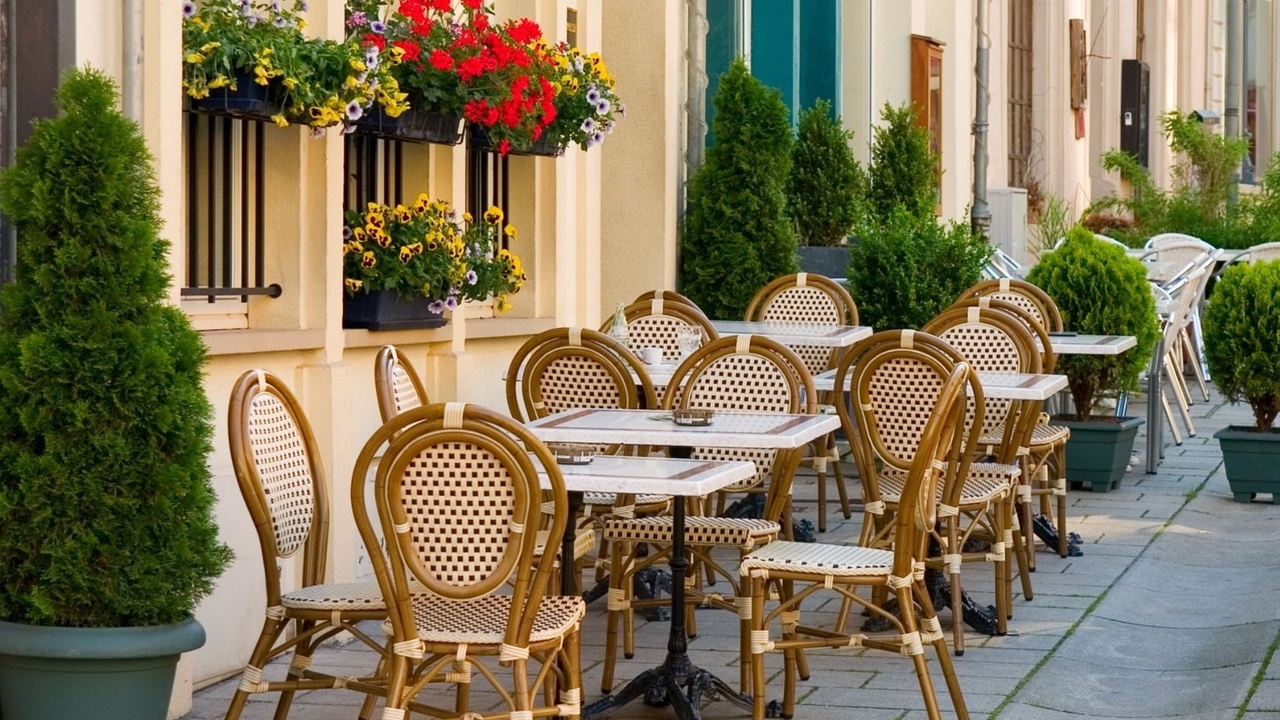
It’s no secret that North American cities have some serious urban planning issues which jeopardize the environmental sustainability and overall livability of urban areas. For example, urban sprawl, the rapid expansion of development on the peripheries of cities, is extremely common. This is an issue, as this new development is usually characterized by low density residential housing and single-use zoning, therefore increasing reliance on private automobiles for transportation. With suburban sprawl, we often see inner cities deteriorate as social inequality increases.
So, how do we remedy these issues? With land use and development practices that work to reduce urban sprawl and promote healthy, liveable, and enjoyable cities. Smart Growth is a term which is used to describe this type of sustainable development. As urban populations continue to increase, we need to plan our communities in a way that is environmentally, socially, and economically conscious. In other words, in a way that ...
The Ups and Downs of the Sharing Economy

It’s funny, yes, we want to be independent as teens and young adults. That is what we strive for, and that is what older adults want to retain, right? And there certainly is value in independence, but are we forgetting that there is value in doing things together? We have evolved to form social groups for a reason...because collaboration and connection make our lives better and easier!
When we consider the aspects of independence that relate to owning things - like our space, but more importantly stuff, there are aspects of this trend that are deeply unsustainable. As we are collectively seeking to lower our footprint on the earth by living lighter, sharing material goods can be a great part of the solution!
Just think about all the unused power tools that sit in our garages and all the books we’ve purchased but probably aren’t going to read again. When you think about it, it really doesn’t make sense for every individual household within a community to own the same items, especially...
Toy Libraries are a Step Towards Sustainable Parenting

People are starting to realize that sharing might be the best solution to society’s overconsumption habit. That’s why we are seeing things like tool lending libraries, car sharing companies, clothing swaps, and carpool apps gaining popularity. You might actually be surprised at all the different items people are sharing nowadays.
For example, did you know that toy libraries are a thing? Just like a regular library with books, toy libraries allow you to check out and borrow toys to bring home. The toys in a toy library are carefully selected, ensuring that there are plenty to choose from for all ages and abilities! Whether you are looking for play mats for a baby or Lego blocks for an older child, toy libraries are likely to have it all.
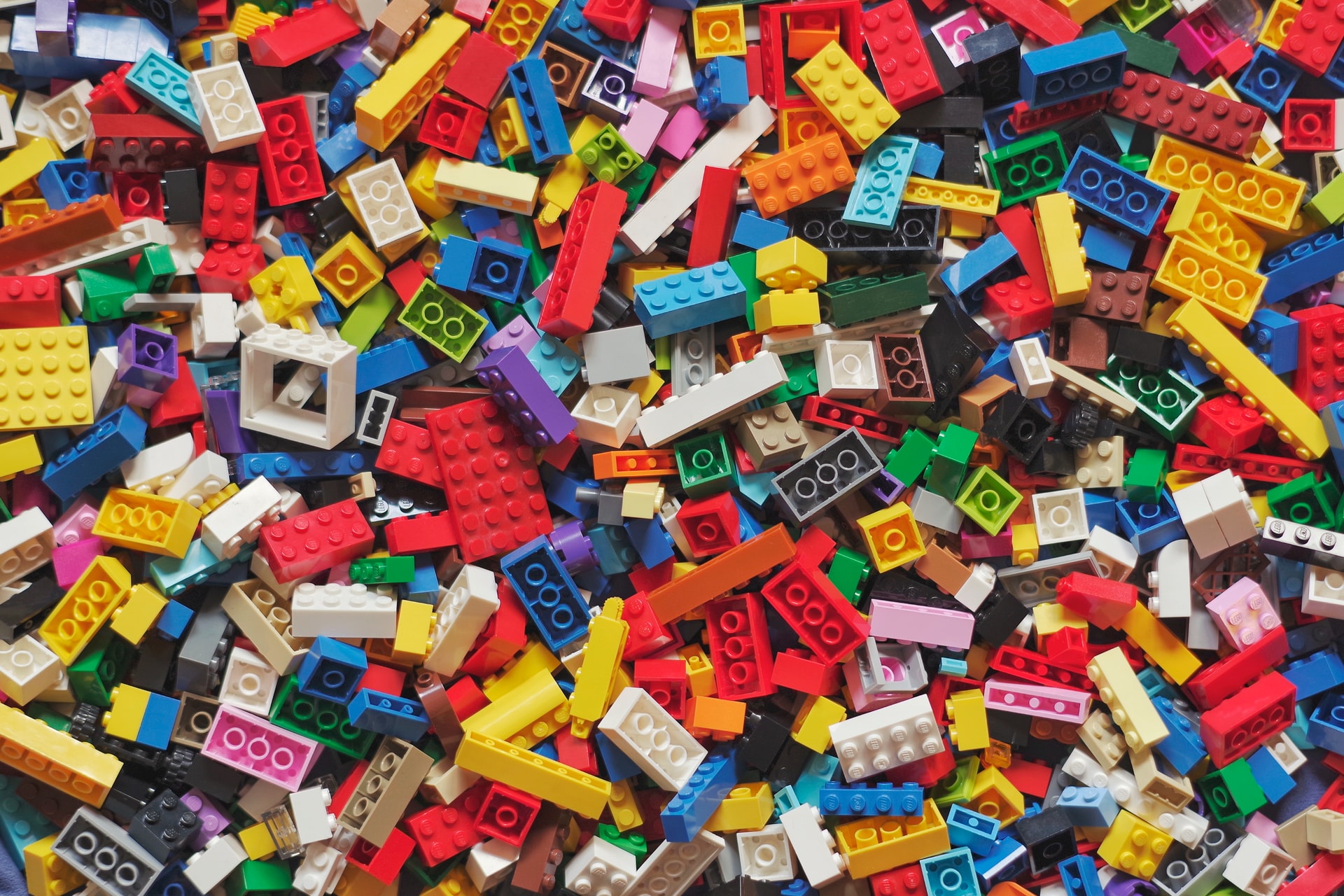
And of course, the toys are cleaned and kept in good condition so that they offer each new child a fun and safe play experience.
How toy libraries work
Many toy libraries will charge a small annual or monthly fee that allows you to take out a few...
Finding Reciprocity - Braiding Sweetgrass Book Review
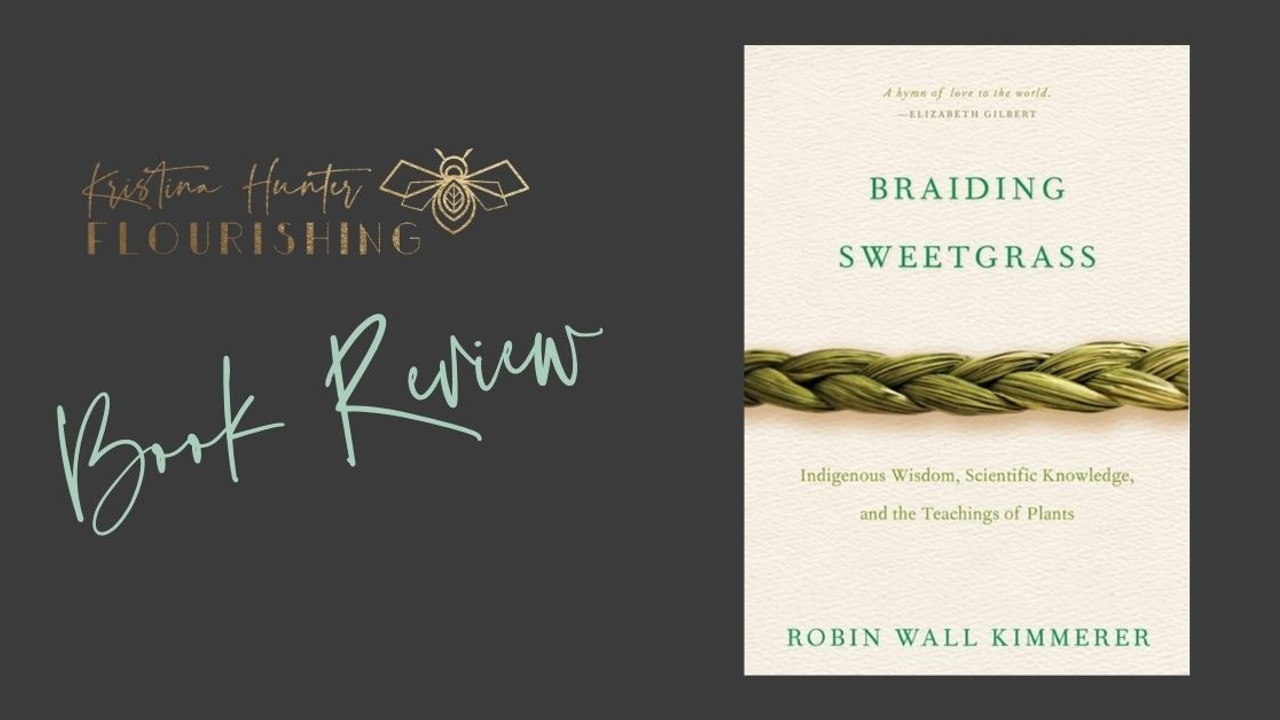
Braiding Sweetgrass is lyrical and full of fascinating botanical information. But most importantly, it calls us back to find reciprocity in our relationship with the earth.
Many people had recommended this book to me before I actually got around to it, but I am so glad that I did. It is a gorgeous account of the natural world and our place in it. It is in deep contrast with so many other environmental books that speak only of the grim and dire circumstances that we are in, which certainly we are, but it paints a picture of the natural relationship of reciprocity between humans and the natural world.
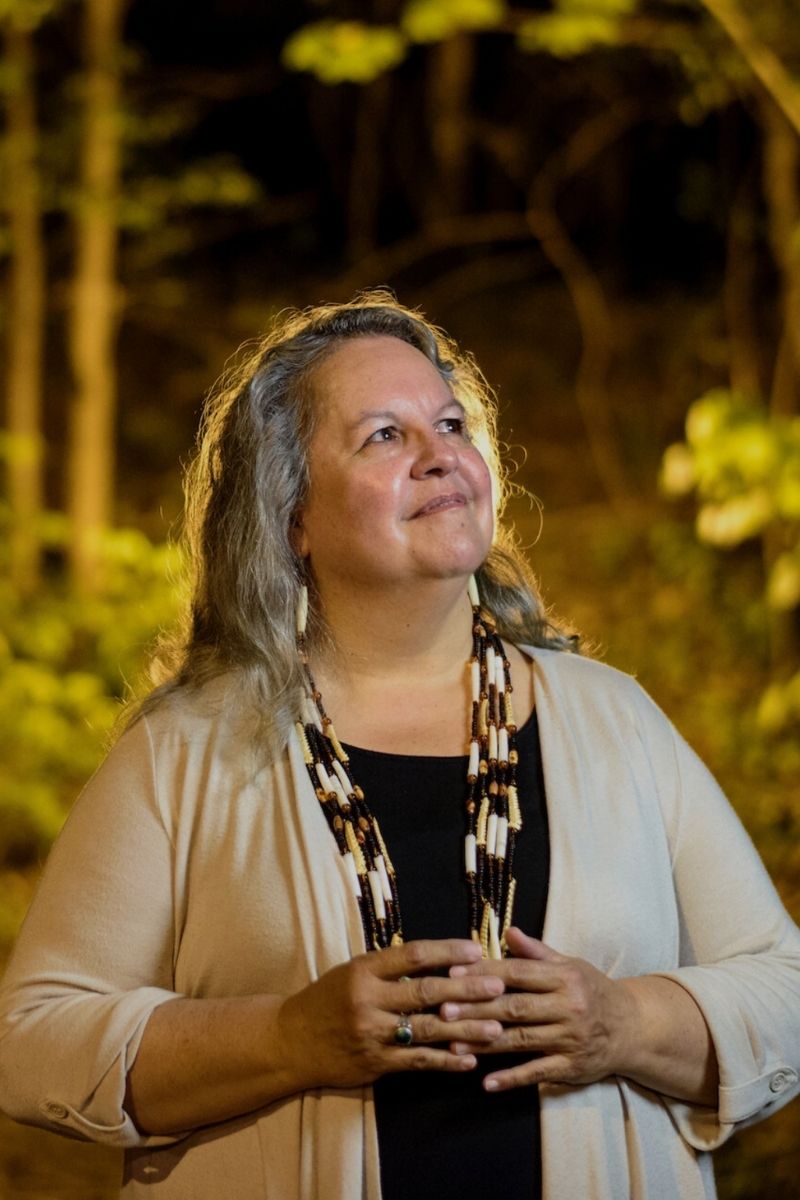
Robin Wall Kimmerer describes herself as "a mother, scientist, decorated professor, and enrolled member of the Citizen Potawatomi Nation." Her book, Braiding Sweetgrass: Indigenous Wisdom, Scientific Knowledge and the Teachings of Plants is time well spent.
This is no fast read, in fact, I highly recommend taking your sweet time with it. I began the read in July listening as I picked S...

